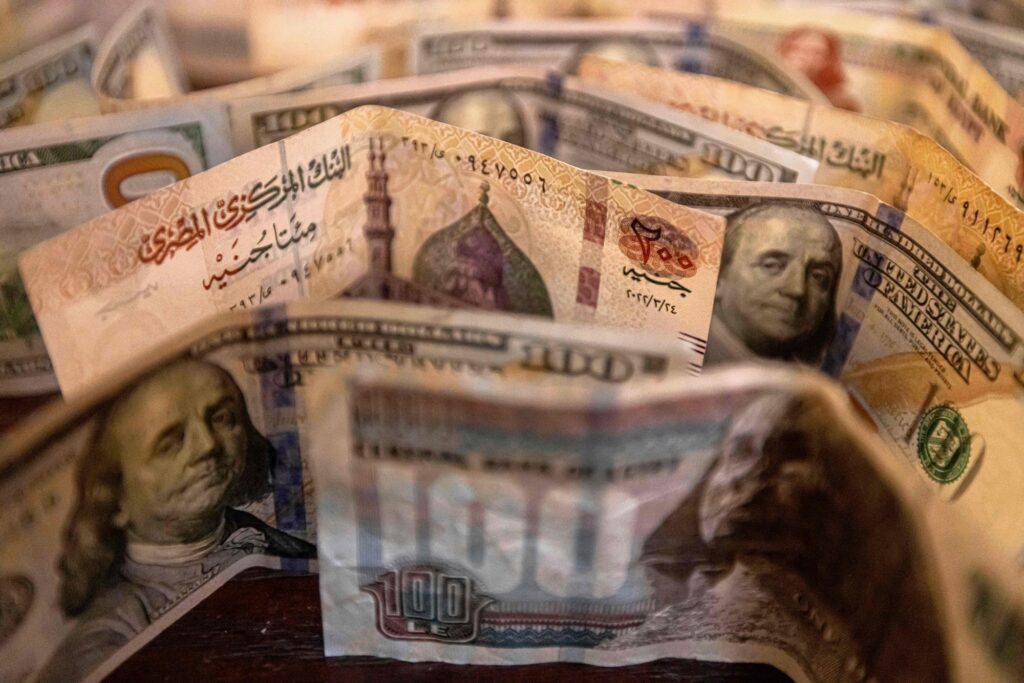
The International Monetary Fund (IMF) approved an expansion of Egypt’s loan program to $8 billion, citing economic strain caused by the Gaza conflict.
This comes with a commitment from Egyptian authorities to improve financial practices.
The IMF flagged a potential risk – Egypt’s central bank directly lending billions to state agencies, bypassing the finance ministry.
This practice, if unchecked, could weaken the Egyptian pound and fuel inflation. The government has pledged to stop such direct borrowing.
To control public spending, Egypt will require entities to report investments to a central committee. This includes military-linked companies and the new capital construction project.
Overall public investment will be significantly reduced compared to recent years.
The IMF program encourages increased transparency in off-budget spending, a revamped state asset sales program, and measures to improve the business climate and reduce state dominance in the economy.
The sale of state assets has slowed, but the government expects a pick-up due to a weaker currency and International Finance Corporation (IFC) advice.
They plan to prioritize large, attractive transactions for foreign investors while expediting sales of wind farms, power plants, and desalination plants.
The government recently eliminated preferential tax treatment for state-owned companies, including those linked to the military. This paves the way for potentially reducing military involvement in the economy.
Arab nations have pledged to maintain $19 billion deposited with Egypt’s central bank until the IMF program ends in September 2026.
This financial support bolsters Egypt’s position.
In summary, the IMF loan expansion is tied to Egyptian reforms aimed at improving financial management, curbing public spending, and fostering a more transparent and competitive business environment.




